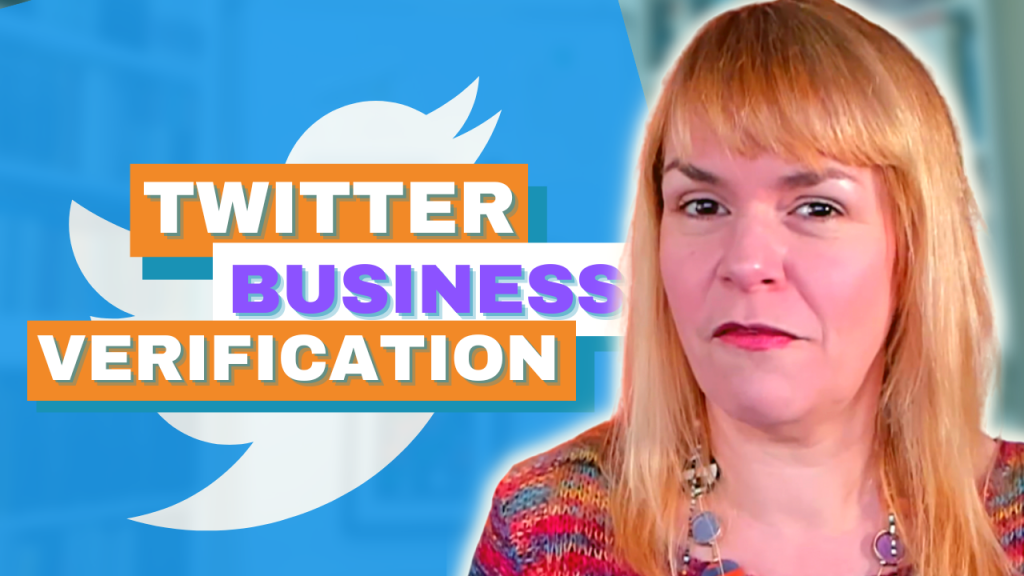
When Twitter changed stars to hearts last month many users weren’t impressed. I wasn’t impressed. I liked Favourites, I used them to bookmark content and tweets, I used them to save testimonials.
In reality, I’d been battling against a new way of using favourites for a while. They may have served a different purpose in the past but over time users had started to click the star the same way they clicked the Like button on Facebook. After trying to resist, I eventually gave in and joined the crowd. Twitter had changed its vocabulary and I needed to keep up. Since the switch to hearts I’m liking with abandon. I no longer have a ‘favourite’ strategy. I like Tweets I see to let people know I’ve seen them o to indicate I agree. Just like on Facebook.
Here Are My Thoughts On Twitter Hearts v Stars
Why Did Twitter Introduce The Heart?
I don’t know for sure but I have a good guess. Twitter has a problem, although it has a strong user base many of those users are lurkers. They never Tweet, favourite, RT or interact with the content they see. If Twitter is to grow it needs to get those users participating. The heart button encourages this, it matches the hearts we see on other social networks like Tumblr or Instagram. It’s a familiar symbol that will make people feel more comfortable, they’ll know what to do.
It’s paid off. According to reports, more people are liking than used to favourite. Both existing users and new users are embracing the heart.
What Can Small Businesses Learn From Twitter Hearts?
Small business owners, myself included, pour their hearts into their businesses. They work long hours and for the first few years at least sacrifice their social life and sleep. When you are that invested in your business any criticism can hurt. We react to it in two main ways:
1. We get upset – When we put so much into what we do any criticism can hurt. The only solution to this problem is to grow a thicker skin. It can take time but it will save you torment if you can develop one.
2. We try and fix it – When we are dealing with customers we have to treat their complaints seriously and address them. However, when we receive criticism outside customer service issues we need to take a step back. If Twitter had listened to the people who complained about the heart and backtracked they wouldn’t have grown engagement on the network. They wouldn’t have reached a business goal. Sometimes we have to ignore the critics and accept that we know what we’re doing.
What do you think? Do you take criticism to heart? Have you ever changed something you do as a result of criticism and regretted it? And more importantly are you on team star or team heart?
Leave me a comment below.
Get a headstart on Google Analytics 4 & understand the lingo with the GA4 phrase book








